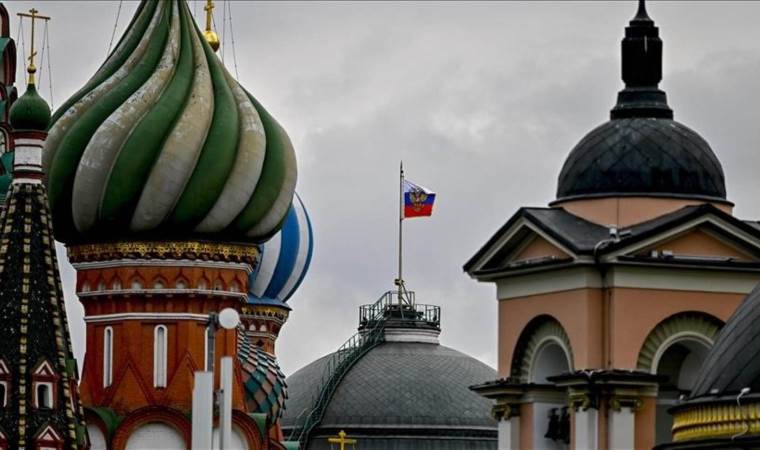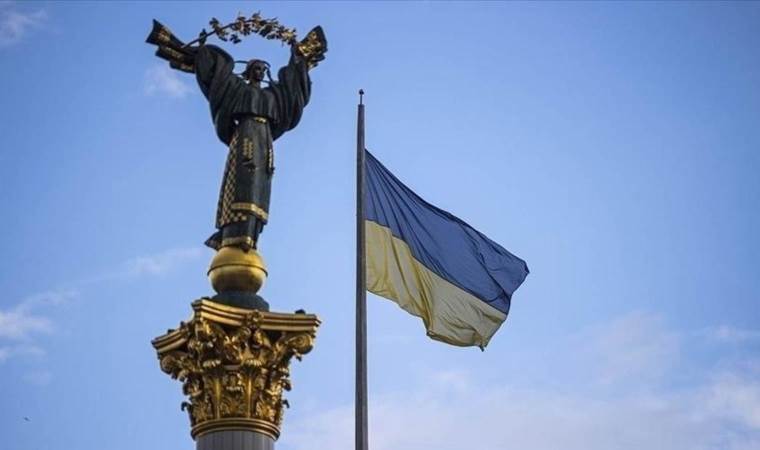Oil prices decline as China maintains zero-COVID policy
Expectations of additional Fed rate hikes add to recession concerns, pushing prices downward.

Oil prices fell on Monday as a result of Chinese health officials' statements about the country's intention to maintain its zero-COVID policy, fueling demand concerns from the world's largest oil importer.
International benchmark Brent crude traded at $97.57 per barrel at 09.24 a.m. local time (0624 GMT), a 1% decrease from the closing price of $98.57 a barrel in the previous trading session.
American benchmark West Texas Intermediate (WTI) traded at $91.53 per barrel at the same time for a 1.2% loss after the previous session closed at $92.61 a barrel.
The outlook for China's economic development on Monday deteriorated due to the country's pandemic policy, which is impeding economic recovery and affecting fuel demand.
International media outlets reported on Saturday that Hu Xiang, from the National Health Commission’s disease prevention and control bureau, said in a briefing that the country's measures against the COVID-19 outbreak are "effective, correct and economical."
The comments sparked demand concerns in the world's largest oil importer, putting downward pressure on prices.
The rising value of the US dollar discouraged importers from purchasing higher-priced dollar-indexed crude oil, causing oil prices to fall in early trading on Monday.
Signals of further interest rate hikes at the US Fed's next policy meeting are also triggering concerns of the lack of economic growth. The Fed increased interest rates by 75 basis points for the fourth consecutive time last week to the highest level in 14 years.
Fed chairman Jerome Powell said it was too early to consider a pause in interest rate hikes and that the final level of interest rates could be higher than expected.
Markets are under pressure as EU sanctions on Russian crude begin on Dec. 5.
Under the sixth set of sanctions, EU leaders decided in early July to cut Russian oil imports by 90% by the end of the year. The strategy calls for phasing out Russian crude oil shipments by Dec. 5 and refined product deliveries by Feb. 5.
Most Read News
-
 US judge finds probable cause to hold Trump officials in
US judge finds probable cause to hold Trump officials in
-
 Naval chiefs of South Korea, US, Japan discuss trilatera
Naval chiefs of South Korea, US, Japan discuss trilatera
-
 Germany maintains diplomatic boycott, bars Russia from W
Germany maintains diplomatic boycott, bars Russia from W
-
 Trump administration asks Justice Department to probe NY
Trump administration asks Justice Department to probe NY
-
 Nearly 10,000 people homeless in Brussels, up 25% since
Nearly 10,000 people homeless in Brussels, up 25% since
-
 Kremlin says Europe focused on war while Russia awaits p
Kremlin says Europe focused on war while Russia awaits p
-
 Overnight shooting in Brussels leaves 2 injured, with 1
Overnight shooting in Brussels leaves 2 injured, with 1
-
 US federal community service program staff placed on lea
US federal community service program staff placed on lea
-
 UN says 500,000 displaced in Gaza after Israel resumes a
UN says 500,000 displaced in Gaza after Israel resumes a
-
 Top Ukrainian delegation arrives in Paris for talks with
Top Ukrainian delegation arrives in Paris for talks with










